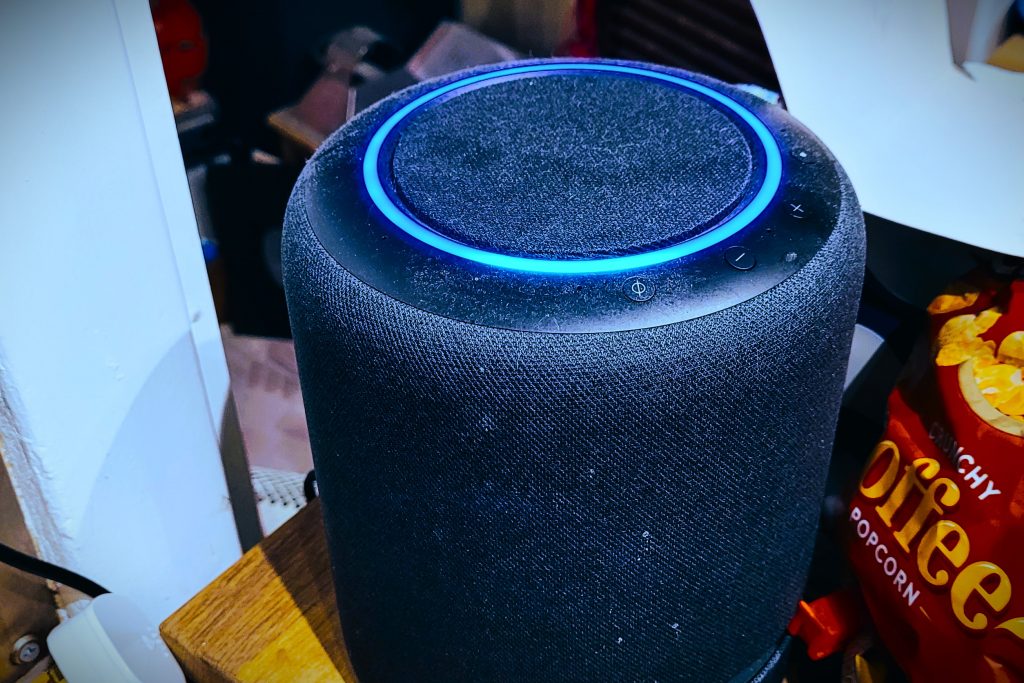Would you prefer your voice assistant to sound more like you?

Amazon Echo speaker configured for the Alexa voice assistant. Image (C) Tim Sandle.
Voice assistants are now commonplace in many homes and as part of app services. As the technology advances the time will come when the synthetic voices become more ‘human like’. Is this something we want? What if Alexa or Siri sounded more like us? A new study suggests we will prefer this mode of communication.
The key finding from the Penn State University study is that users seem to prefer voice assistants that match their personality, leading to higher service ratings and more careful assessment of information.
The research considered how customization and perceived similarity between user and voice assistant ‘personalities’ affect the overall user experience. The data analysis found that humans have a strong preference for extroverted sounding voice assistants. That is, programs hat speak louder, faster and in a lower pitch.
The research also established that increasing personality similarity by automatically matching user and voice assistant voice profiles encouraged users to resist persuasive information.
Explaining the research output, lead author Eugene C. Snyder states: “According to our data, when participants were assigned a voice assistant that had a personality similar to their own, they showed this effect of resistance to persuasion,” he said. “It suggests that when you hear information from a voice assistant that is similar to yourself, you are likely to process the message more carefully. That careful processing is what makes you realize the persuasive angle of the messaging and why you show resistance to it.”
For the research, 401 participants were randomly assigned into groups. Prior to the study, the participants self-reported their levels of extroversion. The objective here was to enable study of how personality similarity and customization affect users’ experiences with virtual assistants.
To this end, the researchers randomly assigned the participants to a control group, a customization group or a personalization group.
The researchers asked the participants to again rate the voice assistant’s attractiveness and service quality in addition to their trust toward the voice assistant and eventual content credibility.
The outcomes should help to pave the way for developers to combine personalization and customization features to create better user experiences.
The research appears in the journal International Journal of Human-Computer Studies, in a paper titled “Busting the one-voice-fits-all myth: Effects of similarity and customization of voice-assistant personality.”
Would you prefer your voice assistant to sound more like you?
#prefer #voice #assistant #sound





